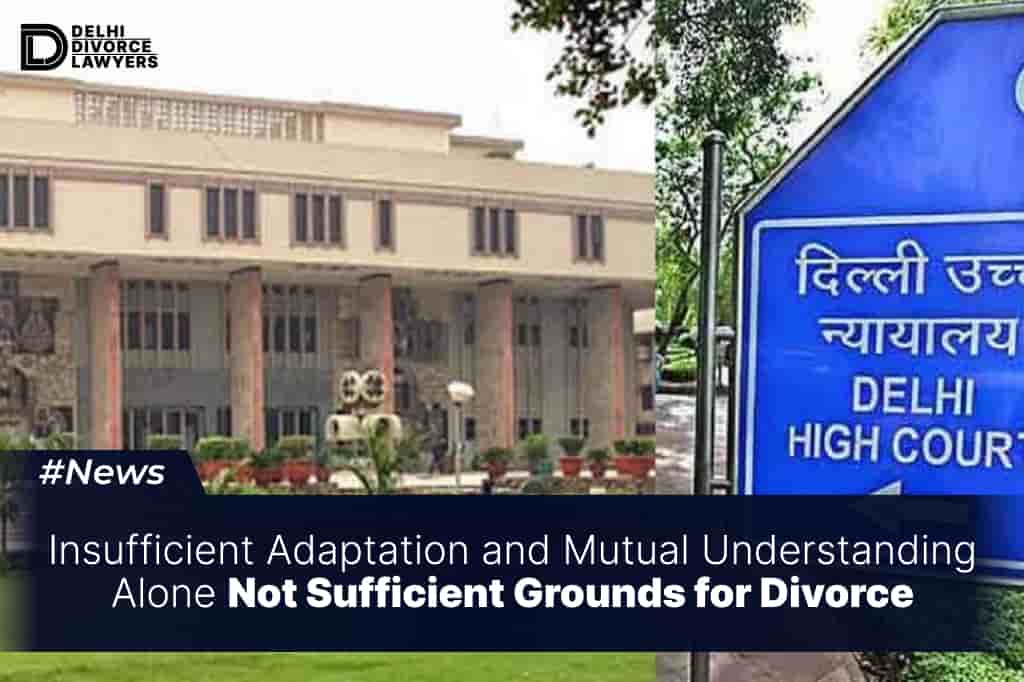Recently, the High Court of Delhi upheld the dismissal of a divorce petition in a marital dispute involving Gaurav Gulati, the petitioner, and Gita Pravin, the respondent. The petitioner had initiated legal proceedings under Sections 13(1)(ia) and 13(1)(ib) of the Hindu Marriage Act, 1955, alleging cruelty and abandonment against the respondent. In the judgment pronounced on March 1, 2024, Justice Neena Bansal Krishna and Justice Suresh Kumar Kait meticulously scrutinized the evidence presented by both parties. The court emphasized the petitioner’s accusations of mistreatment and the respondent’s refusal to cohabit, along with the respondent’s rebuttal concerning the petitioner’s behavior.
“Unfortunate are the matrimonial disputes where the fountainhead of friction inter se the spouses is mere lack of adjustment, understanding, and the will to stay together,” remarked Justices.
After a thorough investigation, the court identified inconsistencies in the petitioner’s claims and acknowledged purported attempts by the respondent to reconcile, allegedly rebuffed by the petitioner. “The court concluded that none of the assertions made by the petitioner/husband were sufficiently supported.”
Regarding the allegation of desertion, the court noted that the petitioner did not provide substantial evidence to demonstrate that the respondent voluntarily departed from the marital residence without valid justification. “The bench noted that the petitioner has failed to establish the claim that the respondent abandoned him.”
Despite acknowledging the irretrievable breakdown of the marriage, the court emphasized the principle under Section 23(1)(a) of the Hindu Marriage Act, 1955. “To grant a Divorce in the present case would be to add a premium to the recalcitrant and unreasonable conduct of the appellant,” concluded the court.
In conclusion, the High Court upheld the decision to dismiss the divorce petition, stating that it “does not call for any interference.”

